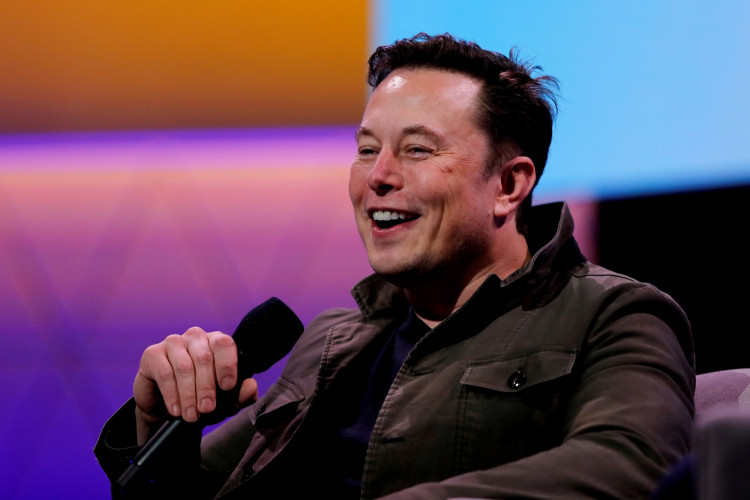Elon Musk has stated that he will pay more than $11 billion in taxes this year, potentially setting a new record for the amount of tax paid by a single individual in a single year.
Musk, the world's richest man and the chief executive of the electric car maker Tesla, has been embroiled in a social media controversy about how much tax he pays.
Musk declared earlier this month that he will pay more taxes "than any American in history this year," in reaction to U.S. Senator Elizabeth Warren criticizing him for "freeloading off everyone else" after being named Time Magazine's person of the year for 2021.
Musk has sold almost $14 billion in Tesla shares since early November, when he asked his Twitter followers if he should sell 10% of his ownership.
Almost 60% of his 67 million followers voted for him to sell the shares. Sales taxes are expected to range between $11 billion and $12 billion.
Earlier this year, Musk became the world's richest person. According to the Bloomberg Billionaires Index, his fortune is worth $243 billion, while Tesla is worth roughly $1 trillion and SpaceX is over $100 billion.
Musk, like many of the world's wealthiest people, has paid virtually no taxes thus far. Based on a research by ProPublica, he did not pay any federal income taxes in 2018. Between 2014 and 2018, his fortune increased by approximately $14 billion, although he paid only $455 million in taxes.
Musk's income stems from his sizable holdings in Tesla and SpaceX, which he has used as collateral to obtain loans when necessary. He is not required to pay tax on those assets until they are sold or capital gains are earned in another manner.
Tesla shares have fallen by almost a quarter since Musk announced his intention to sell his shares in a tweet. They lost another 3% on Monday. The company's market capitalization has fallen to little over $900 billion, down from the trillion-dollar level reached in October.
Meanwhile, U.S. President Joe Biden is pushing for a tax hike on the ultra-rich, despite the fact that legislative proposals have so far stagnated in Congress.
Some senators, including Warren, have proposed taxing not only the income of America's wealthiest residents, but also the increasing value of their assets, such as stocks.
Guggenheim Partners analysts warned investors on Monday that electric car production may fall short of estimates and that Tesla's share price may suffer as more competitors enter the electric and autonomous vehicle markets at lower rates.





